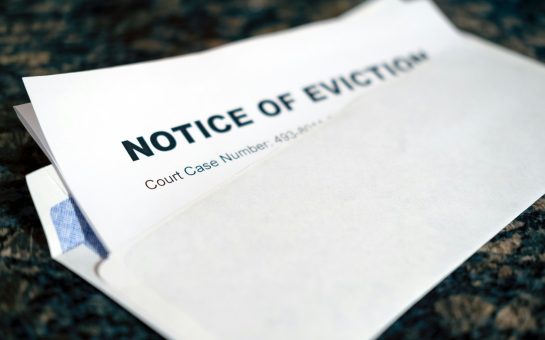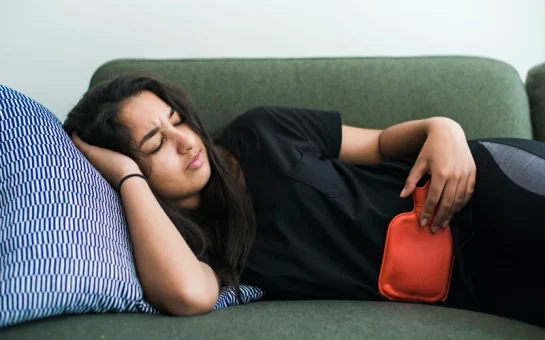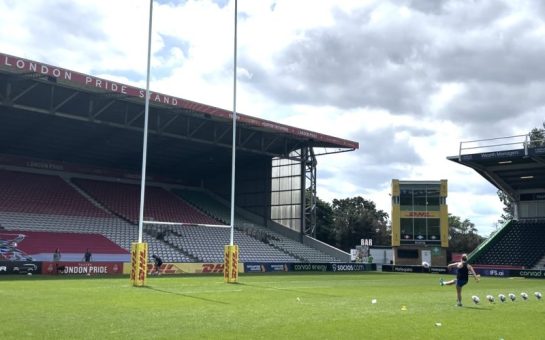Three and a half years ago, 21-year-old Maddie Cowey from Croydon was diagnosed with a rare cancer and this month she graduated from Warwick University with a 2:1 in Classics.
Maddie was 18 and only three months into her classics undergraduate degree when she was diagnosed with Alveolar Soft Part Sarcoma (ASPS) in the shoulder, and later the lungs. She now blogs, does regular charity runs, and is determined to raise awareness about cancer.
When she was on a year abroad in 2017, Maddie started her own blog, after following numerous cancer blogs and Instagram accounts and recently participated in a project called ‘behind the scars’, created by photographer Sophie Mayanne, celebrating scars by telling the stories behind them.
She said: “It took a while to set up my blog, because I was really nervous that people would think I was looking for sympathy, and I didn’t really want that – I didn’t want to annoy people or depress them.
“Once I was in Rome, I had a lot of free time, and I gained a bit of confidence moving abroad, so it was now or never, I might as well go for it.”
Maddie was diagnosed in January 2016. She described waiting in the hospital with her dad for the results of a biopsy, and she never dreamed it would be anything serious.
The cyst on her shoulder had been there for a while, and her doctor had assured her there was little chance of it being anything bad.
She remembers the day of her diagnosis: “We went in and the doctor said it pretty quickly; it was a bit like ‘yep, it turns out you do have sarcoma’.
“Then we got led away by the nurse, she took us into a private room, gave us a ‘cancer pack’, and asked me some questions about family life, if I had any brothers or sisters, and then I started crying, my dad started crying and we gave each other a hug.”
After various checks at the hospital, Maddie went to meet her friends for burgers.
She laughed: “I guess I was so not expecting bad news, so I said ‘yeah we could go for burgers!’”
Maddie underwent surgery three days after the diagnosis. She’d never had surgery before, so the experience was quite scary.
She recalls: “I woke up with a ‘blood drain’ – that was probably one of the most traumatic parts, asking ‘what’s this bottle with my blood?’ oh, it’s just a blood drain. Um, thank you! My first experience of surgery was not amazing.”
Assured that once they cut the tumour out of her shoulder it would be gone, Maddie has had several surgeries to remove the cancer, including having some of her shoulder blade removed after it spread to the bone, leaving scars on her shoulder.
“It was two weeks later when I first saw the scars, and that was the hardest bit, because I thought it looked like something from a horror movie,” she said.
“It was all bloody and swollen, and it looked like a Cornish pasty in the way it’d been sewn up. I spent the day moping, thinking no one was ever going to love me, that I was ugly, and I was never going to be able to wear short sleeves again, but I did get through that bit reasonably quickly.
“Now I think they’re cool. I really like them.”
She said: “The first year of university was a struggle, coming to terms with my diagnosis and I didn’t want anyone to talk to me about it, so I was dealing with it on my own.
“I was sort of in denial, but also feeling sorry for myself. It was the uncertainty, because I was waiting on a chest scan; they said they’d seen something on my chest, but they couldn’t be sure what it was. I kept thinking ‘I might be dying and I don’t even know’. Now in hindsight, I never was dying, but at the time it was scary.”
Towards the end of first year, Maddie began confiding in one friend, and sought university counselling.
She said: “The more I spoke about it, the more I realised that I needed to, and now I literally speak about it with anyone, with all of my friends – I’ll speak about it at parties or when I meet up with them; it’s so easy now.”
Maddie wants people to be more aware of cancer.
“I think a lot of people see cancer as just an old people’s disease. People don’t realise that children get it, young adults get it, and people need to be more aware.
“A lot of the reason people die is because of late diagnosis, because they weren’t getting their bodies checked.
“I don’t think we need to be scaremongering, I think we should be encouraging people to check and be aware of what’s normal for their bodies, and it’s not just your breasts or your balls.”
There’s much research into sarcomas which tend to be drug resistant, with chemotherapy having little to no effect.
“There should be more funding into rarer cancers, because we’re all left in the lurch,” Maddie said.
“There are no drugs for sarcoma, for my one specifically as well.”
Sarcoma makes up about 1% of cancer diagnoses, and ASPS makes up about 0.2%-1% of sarcoma diagnoses, and it’s an enigma to doctors.
After leaving university, Maddie’s goal is to work for a cancer charity, and she plans to use the coming year to gain experience to be able to work full-time.
She said: “I can’t see myself doing anything else.”




